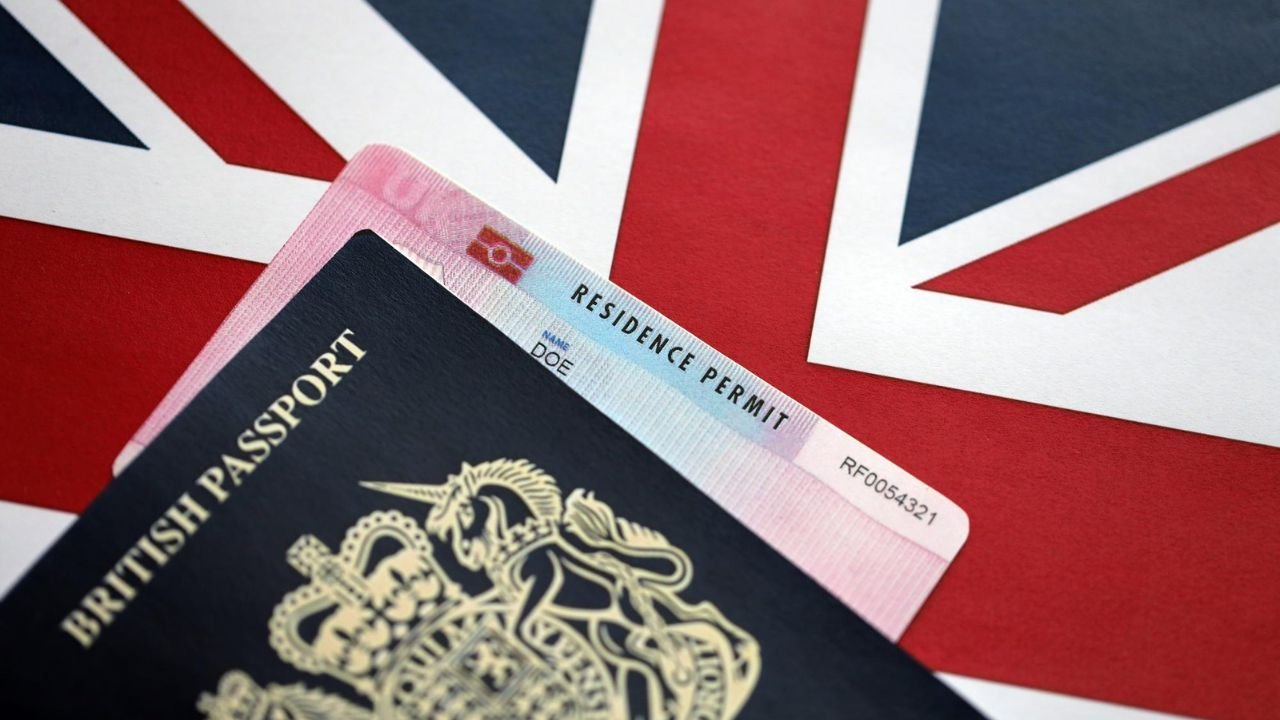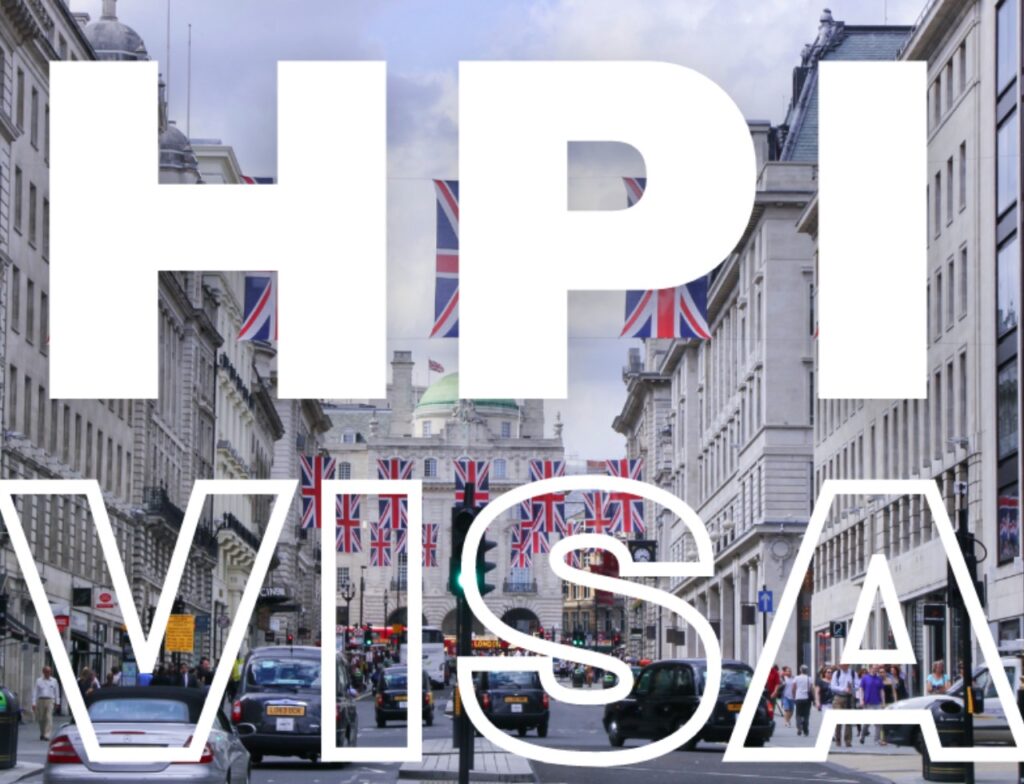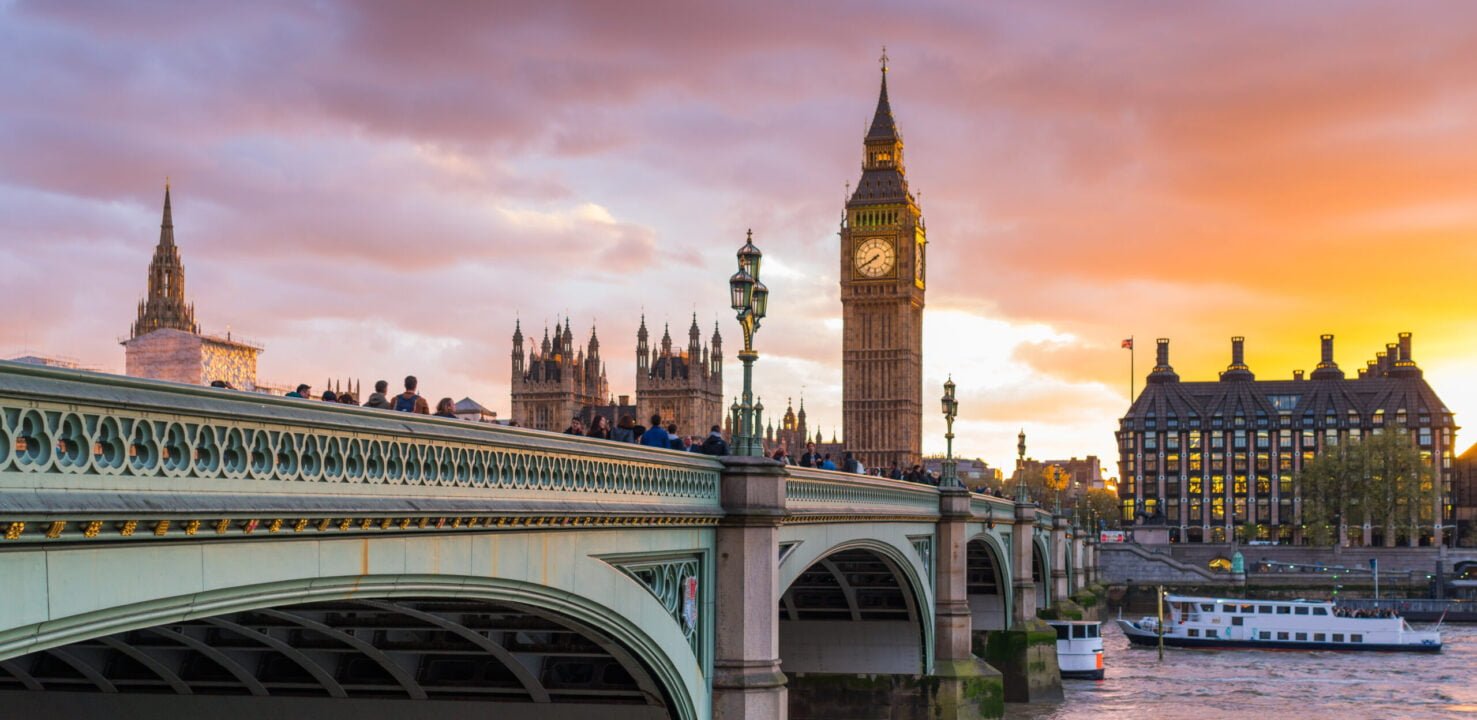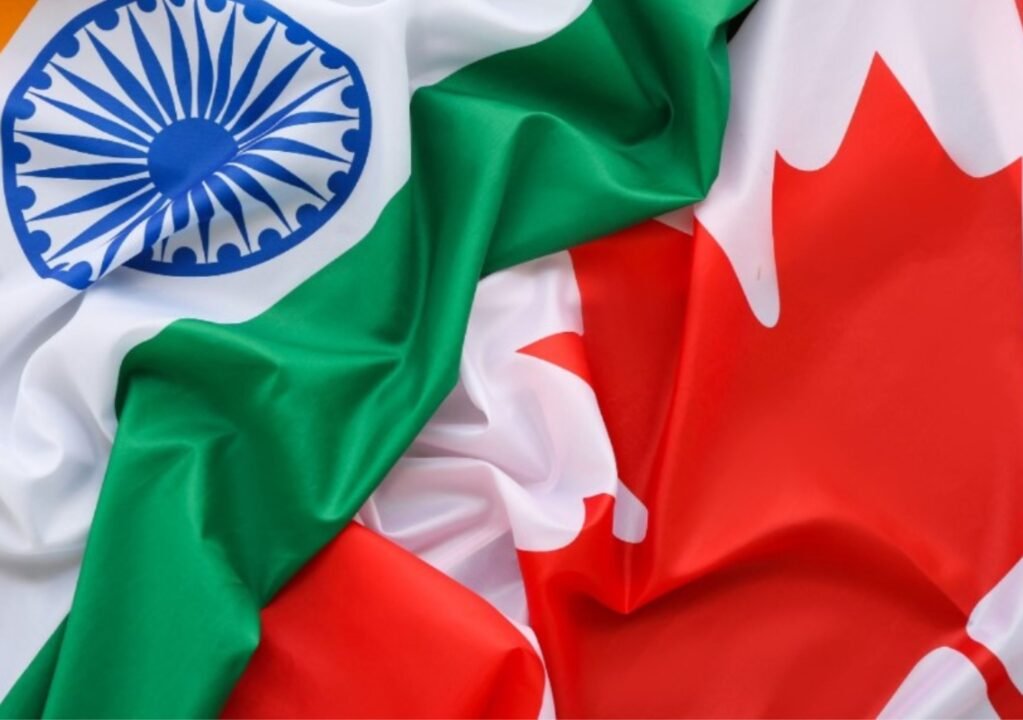The United Kingdom is a very popular place for immigration due to its auspicious history and culture, strong economy, and job market. Getting a Permanent Residence (PR) in the United Kingdom comes with many advantages, not limited to the freedom to reside in any part of the region, gain employment in the region, acquire free health care services, and go through the process of acquiring British citizenship. This blog will explain what PR in the UK means, the criteria for eligibility, and how to apply for PR status in the United Kingdom in general and for those applying from India and the student category in particular.
What is PR in the UK?
Permanent Residence in the UK, commonly referred to as IMM 3299 or ILR, stands for Indefinite Leave to Remain, which grants a person permission to reside and work in the UK without any restrictions as to time. What is more, ILR entitles a person to most of the rights of a British citizen, excluding the right to vote in general elections and having a British passport. It is also worthy of note that on the expiration of the number of years one holds the I.L.R., one can apply for British citizenship.
How to Get PR in the UK
Securing PR in the UK involves several steps, depending on the visa category and individual circumstances:Securing PR in the UK involves several steps, depending on the visa category and individual circumstances:
Work Visas:
Tier 2 (General) Visa: To work in the UK as a skilled worker with an offer of employment from an approved UK employer.
Tier 1 Visa: For the investors, the businessmen, and the best of brains.
Family Visas:
For such people who arrive along with a partner, parent, or child who is a British citizen or holds settled status.
Long Residence:
People of legal working age who have been residents of the UK for the last 10 years legally without interruption.
How Many Years to Get PR in the UK
The time taken to get PR in the UK depends on the visa type and several other factors. Generally:
Tier 2 (General) Visa: After five years of the person’s continued residency in the United Kingdom, he or she can apply for ILR.
Tier 1 Visa: It does, and the time needed will depend on the type and scope of preventive maintenance needed on a machine.
Tier 1 (investor): Subsequently, within 2, 3, or 5 years, depending on the level of investment in the centers.
Tier 1 (Entrepreneur): Whenever business result turn is accomplished or for every at least three years’ operation if some condition is met.
Family Visa: As a rule, one can apply for an ILR after five years of uninterrupted stay in the United Kingdom.
Long Residence: ILR can be applied for at the end of the 10th year of your legal stay in the UK.
How to Get PR in the UK from India
For Indian nationals, the process of obtaining PR in the UK is similar to the general process but involves additional considerations:
Choose the Right Visa Category: Choose which visa type is better for you according to your circumstances (work, study, family, etc.).
Meet the Eligibility Criteria: Make sure that you fulfill the requirements that apply to the particular type of visa you would like to apply for, for instance, having a job offer, enough cash, or family members or friends in the country.
Apply for a Relevant Visa: To apply for a visa, fill out the application form online and supply the required supporting documents like the employment record, financial position, and relationship.
Fulfill the Residence Requirement: Reside legally in the UK for an unbroken period without the time being interrupted, in most cases five years.
Apply for ILR: Provide biometrics when completing your ILR application and submit the application fee.
How Long Does It Take to Get PR in the UK for International Students
During the course of their stay in the United Kingdom, the process of gaining a permanent residence begins with the student visa (Tier 4) and proceeds to the work visa (Tier 2), leading to the ILR. The timeline generally includes:
Student Visa (Tier 4): Length of your course of study (most often, one to four years).
Post-Study Work Visa: Based on the Graduate Route, one is eligible to stay up to 2 years after the course (3 years for those with a Ph.D.).
Tier 2 (General) Visa: You get to use this particular license for up to half a decade.
Indefinite Leave to Remain (ILR): For applicants on the Tier 2 visa, the process may last for 5 years before one qualifies to apply for the ILR.
Conclusion
PR attained in the UK is a worthy accomplishment that comes with some advantages and prospects. By knowing the eligibility criteria and following the application process, you can easily find the easiest ways to become a permanent resident. If you want to advance your career, follow your family members, or have an opportunity to taste out the rich and high-quality life the UK has to offer, UK PR is the key to a brighter tomorrow.





